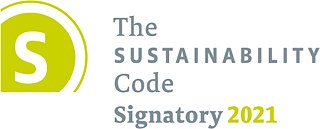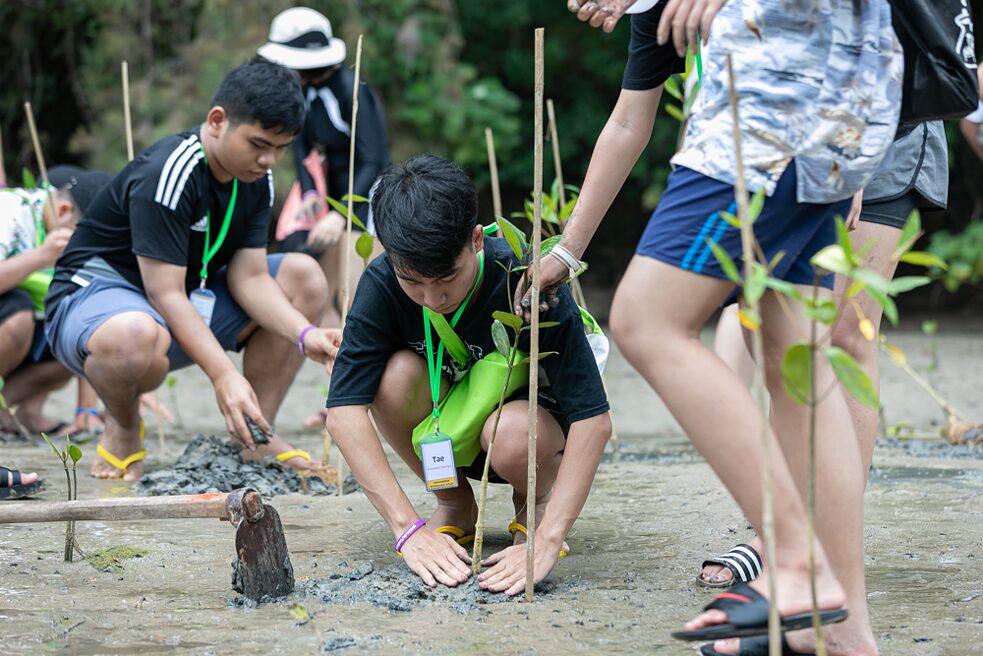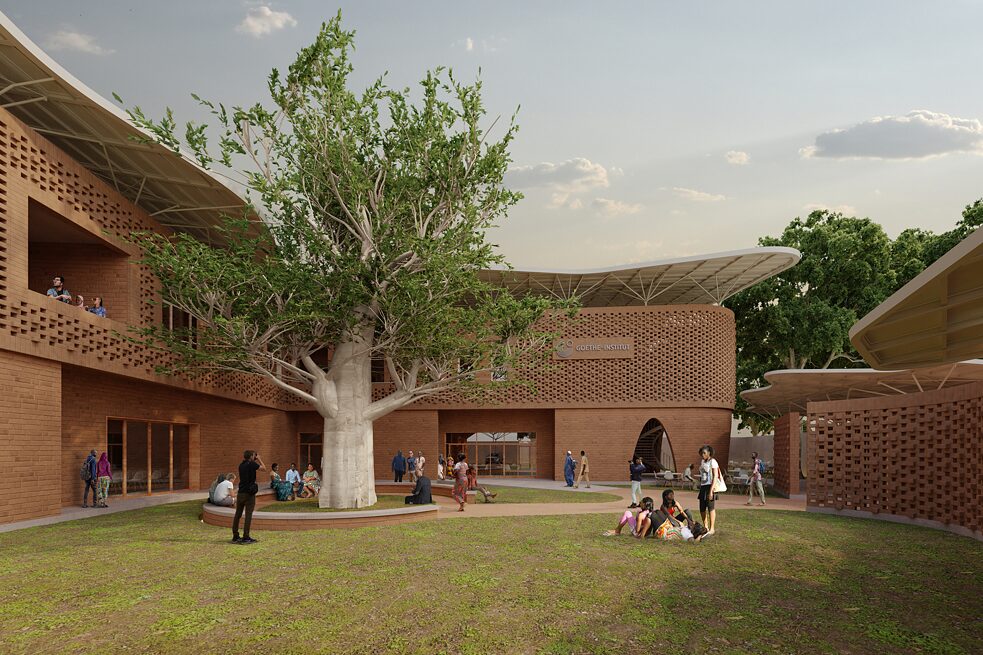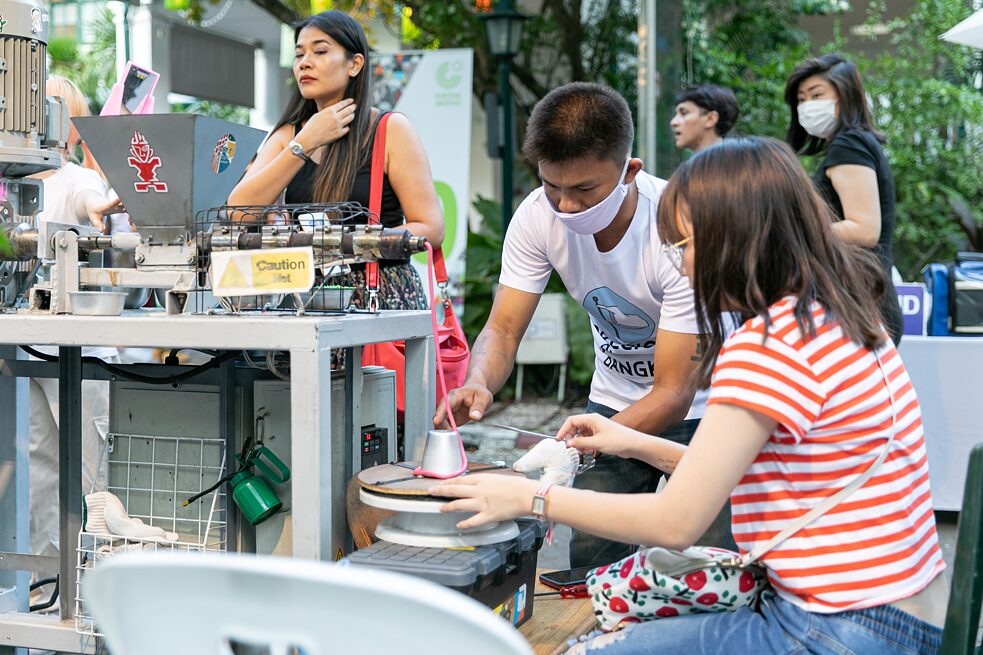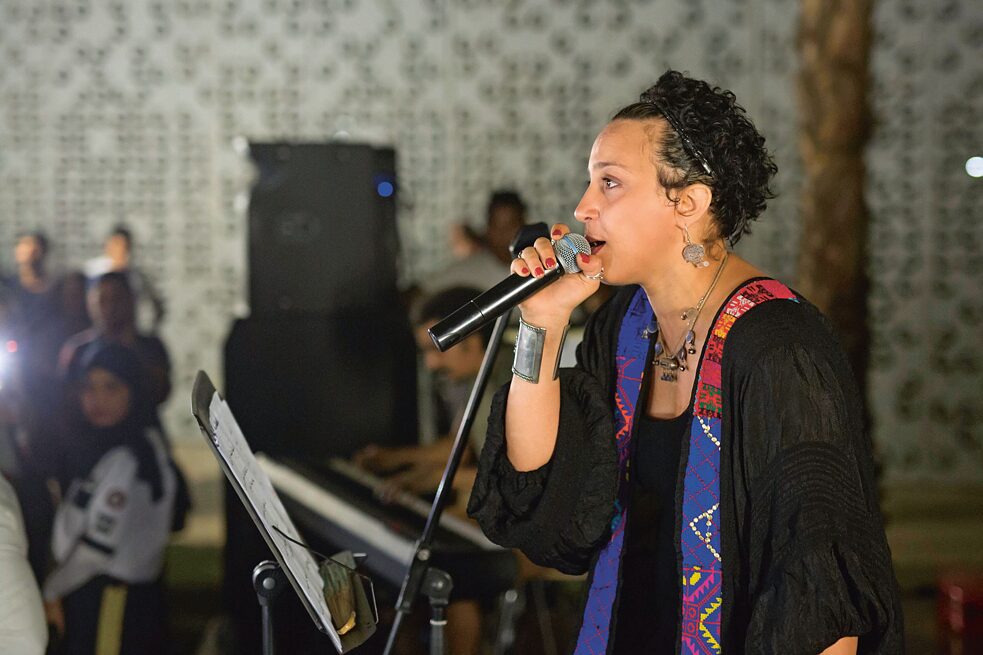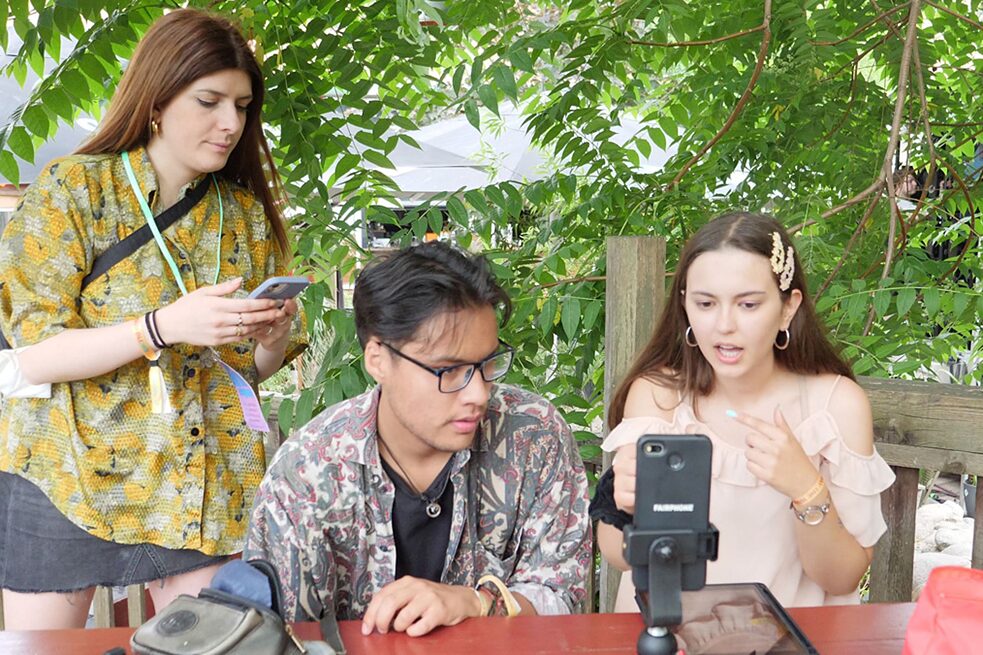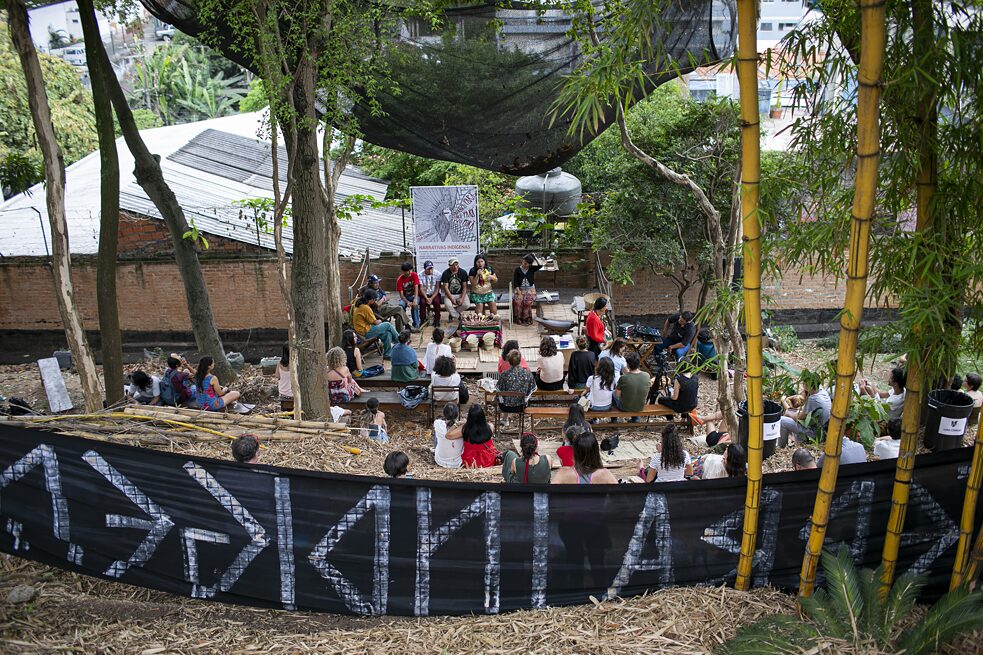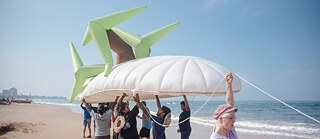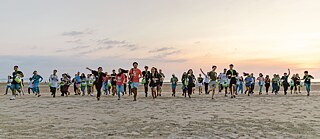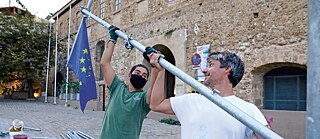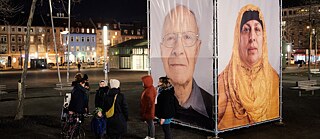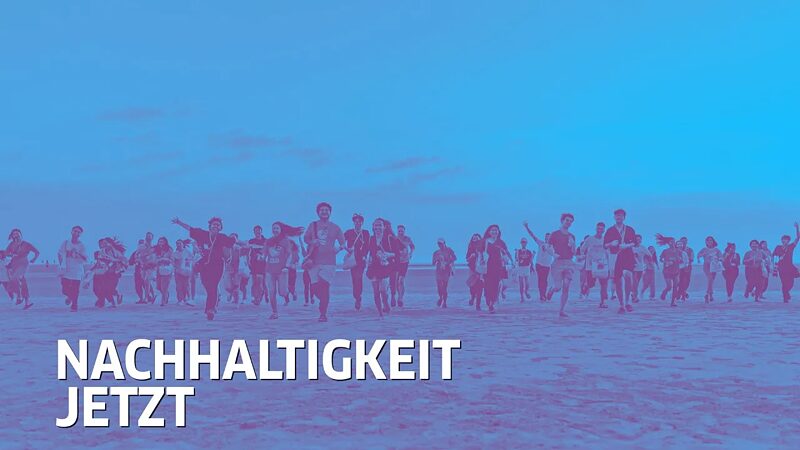
© Goethe-Institut
Our Approach
The realisation of sustainability requires worldwide societal change. Cultural exchange as well as language and educational programmes can open new perspectives on sustainability while giving impulses for politics, commerce and society.
Our commitment to the topic of sustainability focuses on the United Nations goals for achieving sustainable development. With our work, we make a contribution to a sustainable and comprehensive climate foreign policy.
In our worldwide work, we address diverse issues and solution approaches regarding sustainability and carry these forward. We enable interactions between people from different cultural and societal contexts. These gain special importance in the context of sustainability: We can only learn from another and share knowledge about the promotion of sustainable development in a dialogue with different perspectives.
Our Spheres of Activity
Programmes for sustainability
We initiative and promote artistic formats and projects that address the issues of ecological, social and economic sustainability, thereby contributing to designing new concepts for sustainable societies. We promote holistic dialogue on the topic of sustainability through innovative programmes. These are aimed at target groups from different generations and societal contexts, and include representatives from different professions and academic disciplines. We work with partner organisations and cultural scenes on site and support the mutual teaching and further development of local and global solution approaches.Become aware
Together with our partners, we develop impact-focused programmes in international culture and educational exchange that explore the ecological, social and economic challenges in an effective way. The effectiveness of our projects is also evaluated according to criteria for sustainability.Sustainable as an organisation
